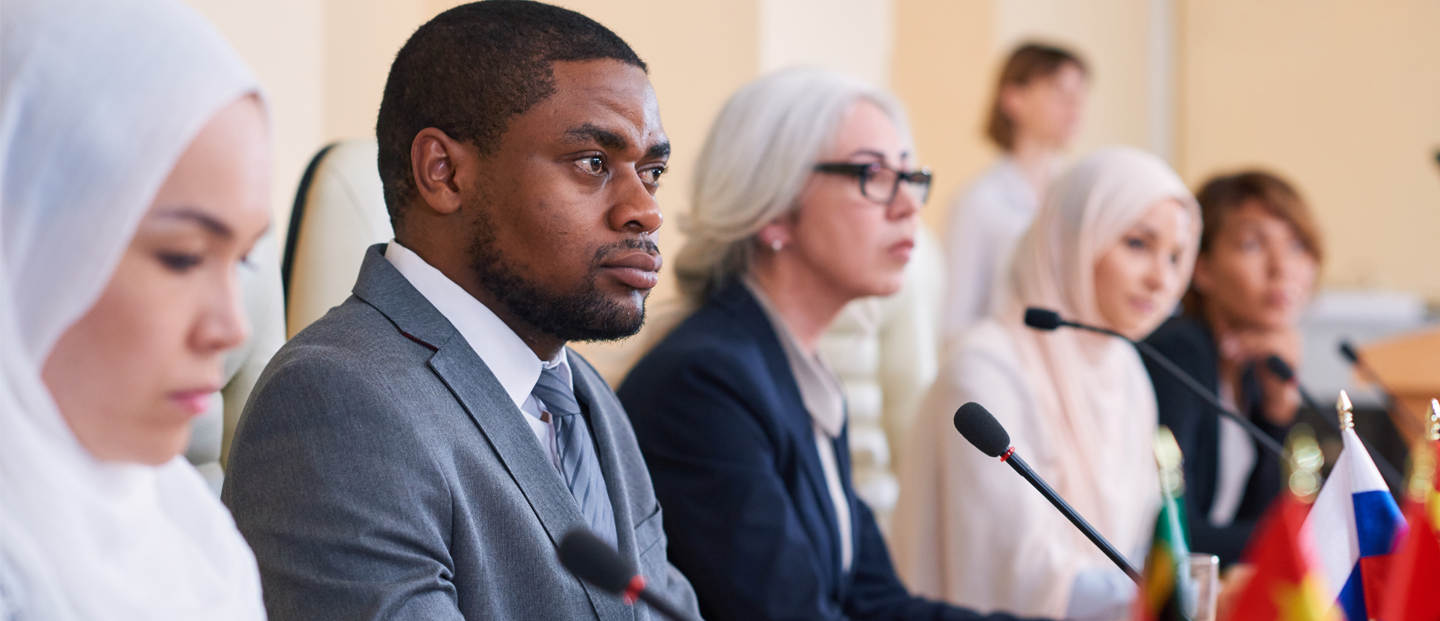The Art of Diplomacy: Fostering Peace Through Dialogue
11.02.2025
 Marcus Hale
Marcus Hale

Diplomacy
In a world marked by conflict and division, diplomacy remains a vital tool for fostering understanding and cooperation among nations. This post explores the importance of diplomatic engagement in promoting global peace and stability.
Diplomacy is the cornerstone of international relations, a nuanced art that involves negotiation, dialogue, and compromise. In an increasingly interconnected world, the ability to engage in constructive diplomacy is more important than ever. As nations face complex challenges—ranging from geopolitical tensions to global crises—diplomatic efforts are essential for fostering peace and cooperation.
The Role of Dialogue in Conflict Resolution
At its core, diplomacy is about communication. Open and honest dialogue can help to de-escalate tensions and resolve conflicts before they spiral out of control. By engaging in diplomatic discussions, nations can address their differences, find common ground, and work toward mutually beneficial solutions. History has shown us that many conflicts can be resolved through negotiation rather than military intervention, highlighting the power of diplomacy in maintaining peace.
Building Trust and Understanding
Effective diplomacy is built on trust and mutual respect. By fostering relationships with other nations, diplomats can create an environment conducive to collaboration. Cultural exchanges, joint initiatives, and people-to-people connections can help to break down barriers and promote understanding. When nations invest in building trust, they are better equipped to tackle shared challenges and navigate complex issues.
The Importance of Multilateralism
In today’s global landscape, many challenges—such as climate change, pandemics, and terrorism—require a coordinated response. Multilateral diplomacy, where multiple nations come together to address common issues, is essential for achieving meaningful progress. International organizations, such as the United Nations, provide platforms for multilateral dialogue, enabling nations to collaborate on solutions that benefit the global community.
A Call to Action
We urge all nations to prioritize diplomatic engagement as a fundamental aspect of their foreign policy. This includes investing in diplomatic training, supporting international dialogue initiatives, and promoting peaceful conflict resolution. By embracing diplomacy as a primary tool for addressing global challenges, we can create a more stable and harmonious world.
In conclusion, diplomacy is not just a means of negotiation; it is a vital instrument for fostering peace and understanding among nations. By committing to open dialogue and collaboration, we can navigate the complexities of our world and build a brighter future for all. Let us unite in our efforts to promote diplomacy as a pathway to global peace and stability.